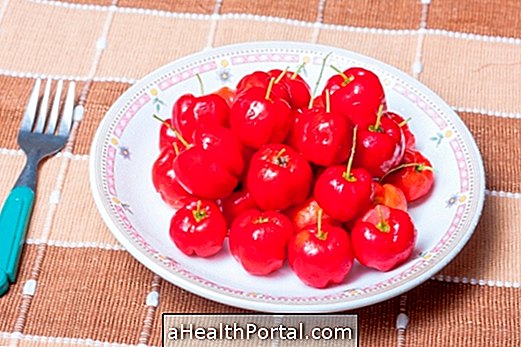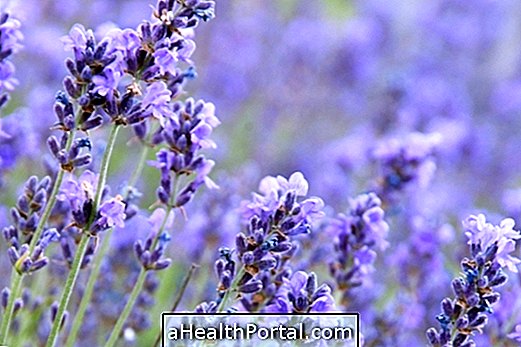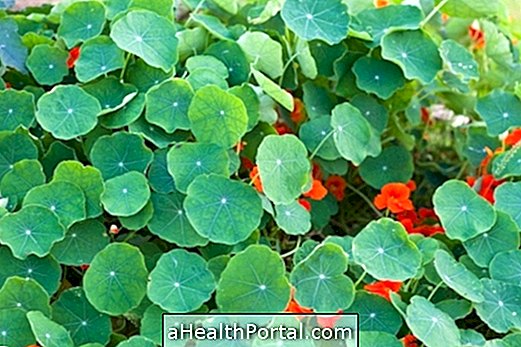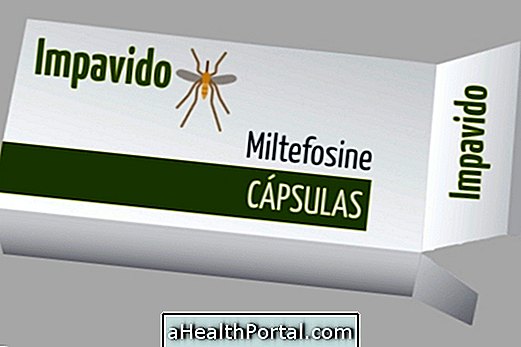Acerola is a fruit that can be used as a medicinal plant due to the high concentration of vitamin C. The fruits of acerola, besides tasty, are very nutritious, because they are very rich also in vitamin A, B vitamins, iron and calcium .
Its scientific name is Malpighia Glabra Linné and can be bought in markets and natural products stores. Acerola is a fruit with few calories and so it can be included in a diet to lose weight. In addition, it is rich in vitamin C which helps to strengthen the immune system.

What is the acerola
Acerola is used to treat vitamin C deficiency, stress, fatigue, pregnancy, colds and flu, lung conditions, liver and gallbladder problems, chickenpox, poliomyelitis.
Properties of acerola
The properties of acerola include its antioxidant, remineralizing, antiscorbutic and immune-stimulating action.
How to use acerola
The part used of the acerola is mainly its fruit to make juice.
- Juice of acerola: Add 2 cups of acerola with 1 liter of water in the blender and beat. Drink after your preparation so that vitamin C does not get lost. You can also beat 2 cups of acerolas with 2 cups of orange juice, tangerine or pineapple.
In addition to making juice you can also make acerola tea or consume the fruit in the natural.
Side effects of acerola
There are no side effects reported for acerola.
Contraindications of acerola
No contraindications to acerola are known.
Nutritional information of acerola
| Components | Quantity per 100 g of acerola |
| Energy | 32 calories |
| Proteins | 0.2 g |
| Fats | 0.2 g |
| Carbohydrates | 7.3 g |
| Vitamin C | 1369 mg |
| Calcium | 9.48 mg |
| Iron | 0.2 mg |























